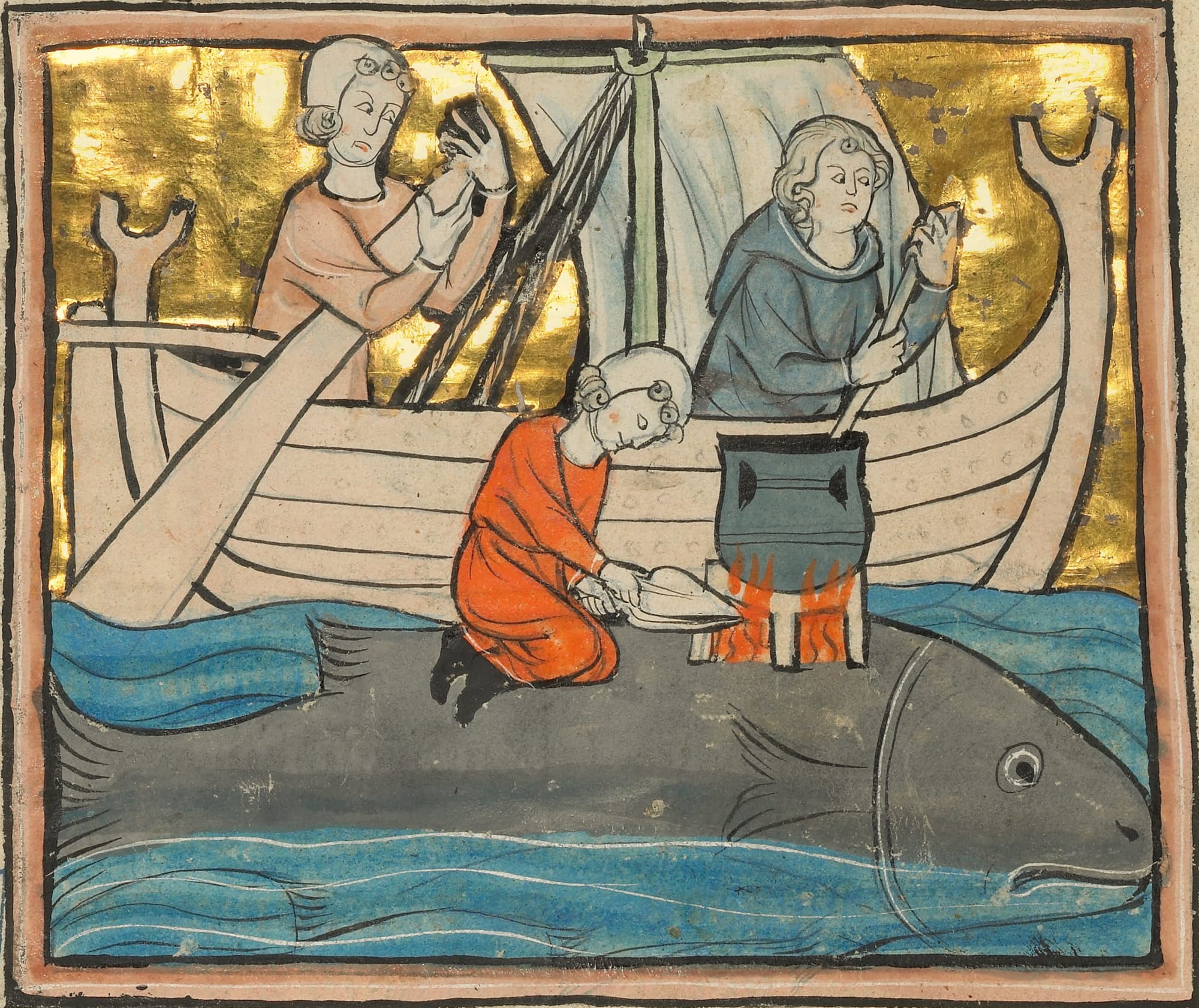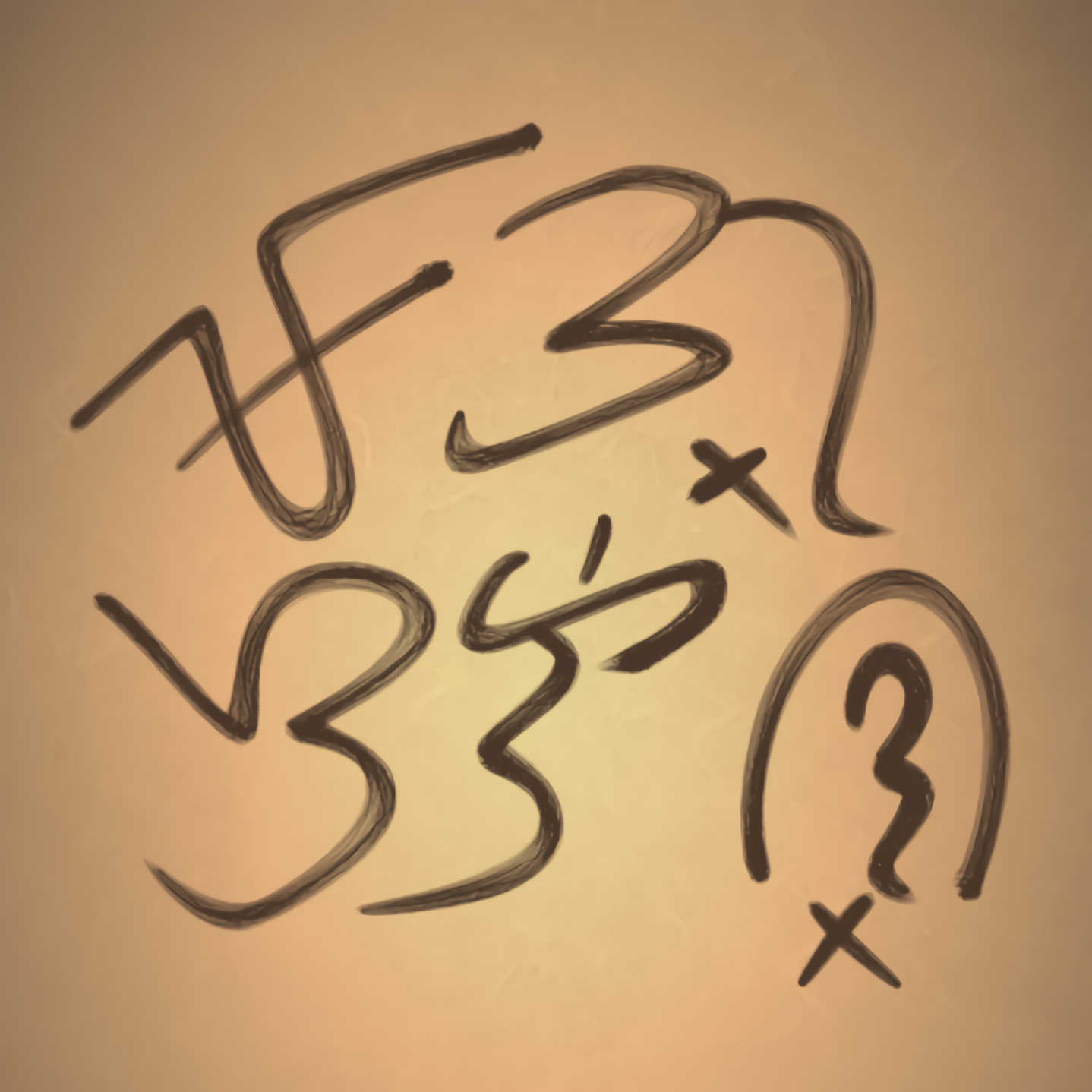Commentators would like to have you believe that the state as an organisation depends on popular legitimacy, or the ‘will of the people.’ Or, they might try to argue that the state functions on some kind of contract which we follow because, overall, we believe it to be just or know we could not live without it. They might argue, in a Hobbesian manner, that human beings are naturally self-seeking and agree to the state’s rules for protection from other self-seeking, competitive individuals. They might otherwise agree with Locke, taking a less pessimistic view of human nature but likewise arguing that the state offers them a ‘social contract,’ ensuring individuals do not infringe on the rights of others.
In the hands of our largely liberal or conservative commentariat these philosophies have merged into a dominant ideology. That is, an ideology of ‘popular representation,’ where the state not only creates and enacts laws in our interests (or more specifically, in the interests of our nation), but that the same state could not do so without the public’s overall approval. This quite successfully masks the degree to which coercion plays a part in maintaining social order, and manufactures a loyalty to laws which continually exploit them and those around them. As expressed by Kevin Carson, ‘this ideological construct of the “national interest” includes the fiction of a “neutral” set of laws, which consoles the exploitative nature of the system of power we live under.’ We are fooled into believing that the state could not do without our consent, and that we could not do without its paternal protection.
To tackle this, I will establish how the State is fundamentally coercive before going on in later articles to analyse how these aforementioned ideologies come to justify coercion. This is so that we might understand that coercion, even if slightly overshadowed by the controlling powers of ideology, is essential to maintaining social order even in the most “democratic” of states.
To begin, let us consider three definitions of what it means to ‘coerce’:
(i) ‘to compel to an act or choice’
(ii) ‘to achieve by force or threat’
(iii) ‘to restraint or dominate by force.’
The emphasis in all three of these definitions is the forcefulness to which coercion is applied, and the unwillingness of the subject to act without said coercion. Therefore, if we are to say that the state purely ‘coerced’ somebody into doing something, we cannot say that such an action directly relies on political legitimacy.
It is not original to claim that coercion is central to conceptualising the state. In fact, the most famous of such claims was made as early as 1919 by the sociologist Max Weber. He asserted that ‘the relation between the state and violence is an especially intimate one,’ to the extent that ‘if no social institutions existed which knew the use of violence, then the concept of “state” would be eliminated.’ His most quoted dictum is his definition of the state as a ‘monopoly of the legitimate use of physical force within a given territory.’ Weber’s definition of the state is more sophisticated than this, but his focus on physical force underlines a central element of the manner in which states are formed and maintained.
Although all historical societies used coercion in one way or another, it is in the modern state that coercion found a special calling. As the desire of modern states to govern their populations grew (what Foucault would term the rise of ‘governmentality’), so grew the role of coercion in what the political theorist Malešević names the ‘cumulative bureaucratization’ of states expanding their grip over ‘ever-increasing populations and territories.’ In other words, unlike the medieval kingdoms of old who cared little of the peasants unless they provided enough grain or taxes, modern states are obsessed with categorising, monitoring and shaping their populations. Who they are, what they do, what their culture, language, and values are became central priorities. The State became, in the words of Zygmut Bauman, a ‘gardening state’, which:
‘split the population into useful plants to be encouraged and tenderly propagated, and weeds - to be removed or rooted out.’
This ‘gardening’ on behalf of the state necessitates some physical force or the threat of physical force in order to function. When immigrant ‘weeds’ attempt to grow and make a life on the state’s soil, it is the force deployed by border control which keeps them out. When lower-class ‘weeds’ attempt to resist evictions in neighbourhoods marked for gentrification, it is the force deployed by the police that stops them from ruining the garden’s planned aesthetic. Having the power to decide which elements of society are desirable and undesirable is what allows our modern state, or in particular, our modern nation-states to curate their citizenry in their desired image. In fact, we might assert that if a state loses its capacity to protect its border, to decide who or not to eject from its territorial bounds, then it ‘ceases to exist in any meaningful way.’ Harsha Walia understands this fact, and describes borders as:
‘a historically specific creation, and state monopolization of the legitimate means of movement and migration contributes to the reification of the nation-state and its citizens. While certain government practises act on those deemed worthy, coercive practises of state sovereignty ultimately expel others from the nation.’
You would be hard pressed to suggest that immigration control, both inside and outside of the border, relies on a kind of ‘popular legitimacy’ or ‘general will.’ As explained by Arash Abizadeh, the ‘foreigners’ and ‘illegal aliens’ that are either deported or are denied access to the state have no stake in the political processes that govern them. The enactment of population control therefore relies at its core on physical force or the threat thereof. The only time we could claim full political legitimacy of such acts is if those outside the state’s borders were consulted on them - which they never are.
Such functions of power not only serve the reification of the nation-state’s citizenry, but also its economic power: capitalism. Beyond simply calling the state ‘a committee for managing the common affairs of the whole bourgeoisie,’ à la Marx, we might otherwise understand it as a ‘ideal collective capitalist,’ which in the theory of Elmar Altvater is said to provide four basic but essential functions:
(i) The provision of general infrastructure.
(ii) The capacity to defend militarily a national economic space regulated by the state and to preserve an administrative boundary within which the state is sovereign.
(iii) The provision of a legal system that establishes and enforces the right to possession of private property and which outlaws practises potentially damaging to the accumulation of capital within the national economy.
(iv) The intervention of the state to regulate and/or ameliorate class struggle and the inevitable conflict between capital and labour.
Without these basic services, the short-term, profit-oriented mindset of capitalist enterprise would come into constant conflict with the destabilising economic and political crises that such a mindset creates. The state’s relationship with capital is, to say the least, intimate. Capitalist enterprises have been consistently benefitted by state appropriations of common land into private property, large-scale investments in overseas trading companies, military support for exploitation of the world, wars waged in the name of securing trade deals or material resources, and the policing of and/or ameliorations given to exploited labourers, slaves, and industrial workers. Capitalism and statism are in historical practise one and the same, no matter what any right libertarian might tell you. For more on this subject, I would recommend Kevin Carson’s The Iron Fist Behind The Invisible Hand.
In the context of the West’s racial capitalism, coercive means first allowed the expansion of capitalist enterprise into the racialised ‘non-white’ and therefore ‘inferior’ world (backed up by military and naval prowess), and secondly drew the borders which segregated that wealth on racial lines both within and outside the nation-state. To Arianne Shahvisi, these borders are:
‘the ultimate mechanisms of inequality. They enclose and protect concentrations of wealth in Global North regions and make trespassers of those who try to access that wealth.’
Modern Western states have become increasingly subject to what Shahvisi calls ‘internal bordering,’ a process in which borders are drawn not just at the nation’s territorial limits, but also through the entire social world. This serves the purpose of holding back the political, social, and material capital of racialised groups who are intentionally cut off from the benefits their exploited labour should bring. Schools, universities, hospitals, places of work and living are all now subject to enforcement agencies whose power and desire to attack minority populations is growing year by year. The UK’s ‘Go Home’ vans, which toured neighbourhoods with high numbers of ethnic minorities, and the US’ infamous ICE raids are both examples of such internal bordering, notable for the way they racialise and criminalise people. For Stuart Hall, this ‘carceral violence’ (bordering, imprisoning, and deporting) is central to the maintenance of social class and racial stratifications that are central to society. Meanwhile, those who attempt to undermine that same violence, even if through peaceful means, are subject to police surveillance, intervention, and deception. In the words of Connor Woodman, societal inequalities or ‘cleavages’ generate political resistance for which counter-subversion tactics constitute the primary coercive force keeping it controlled. Therefore, coercion aids the state in its task of segmenting the population and wealth into compartments which help maintain acceptable social relations. Even stepping out of the West, it is easy to see how every state utilises bordering to some degree to maintain a hierarchical order both domestically and internationally. Growing capitalist economies in all corners of the globe will develop, in turn, layers of borders which entrap and separate both people and wealth.
To round up this discussion, let’s create some more specific examples of coercive practises that underpin and facilitate state power in ways that ideology could not:
- A family in the Indonesia can no longer pay their mortgage payments, so the bank sells their house to a new owner. The family refuses to leave, so a private enforcement company is hired to remove them from the home. This allows the property market to function normally and for private property rights to be held up under law.
- A person who has lived in the UK since they were an infant commits a crime there, but because they are technically not citizens of the UK they are sent back “home” to a place far from their family and completely unfamiliar to them. They are most likely flown away on a plane in the dead of night, to avoid protesters. This helps the UK convince the public that they are providing privileges only to their citizens.
- A group of workers in a mine in South Africa go on strike to protest poor working conditions. This threatens the profits of their company and the supply of global markets, so the police steps in to break up the strike. Unrest ensues, and some miners are injured/killed by the police. This will possibly prevent other miners from striking, therefore allowing their supply of labour to continue and profits to keep growing.
- A refugee camp has been set up on the borders of Italy, and is becoming a growing “problem”. The refugees do not want to leave the camp, so the police break up the camp by force and disperse the refugees. This relaxes overseas pressure about the “refugee crisis” and makes racist voters happy.
- An activist group is formed in China which threatens the dominant ideology and political elites, so coercive force is used by the police to round up the activists and accuse them of threatening “social order.”
- A popular uprising overseas is claiming the benefits of socialism and therefore damaging the reputation of the US’ pro-capitalist ideology. Therefore, their secret intelligence services organise a coup in order to destabilize and discredit that uprising before it can take hold domestically.
In each of the above examples, violence is used for the purpose of either maintaining state power, quelling ideological challenges, or to keep the engine of the capitalist economy running smoothly. In most cases, the country designated in the example could be swapped out for another. Both Indonesia, Germany, and India evict tenants and homeowners who cannot pay rents. Both South Africa, Mexico, and Taiwan regulate and will disperse union activity deemed illegal or too damaging. Both China, the UK, and Argentina will coerce, surveil, or arrest activists whose activism does too much to shake up the status quo. A state may have utilised ideology in these scenarios, perhaps by convincing people that strike action is futile or that their activism is unpatriotic, but never has it always been fully effective in such endeavors. Coercion is always there, waiting in the wings, to pounce on the unconforming.
There is one simple way to see the definite role that coercion plays in the modern state: look to the margins. Look at the immigrants, refugees, ethnic minority groups, those experiencing homelessness, tenants resisting eviction, people late on loan payments, the poor stealing for their own survival; I could go on. It is on the margins, both within and on the outer limits of the state, that coercion can be said to play the largest role and ideology the least. This is because it is on those margins that you can see those deemed unacceptable to the state, those left out of political discourse, those who are left out the ambiguous and often exclusionary term: ‘the people.’ It is coercion that keeps these ‘others’ out of the desirable and “pure” nation.
In later discussions we will examine ideology, not as a separate entity to coercion but as one that exists in a symbiotic relationship with it. It is important to first understand, however, that the modern-state as a material and ideological entity, makes great use and could not live without coercive power.

Special thanks to our patrons, John Walker, BoringAsian, Mr Jake P Walker, Joseph Sharples, Josh Stead, Dave, Bliss, Hol, Aryeh Calvin, Rylee Lawson, Meghan Morales, Kimonoko, Squee, Manic Maverick, Max Dixon, and Maria Rahim.
Please consider giving us your support:
patreon.com/thecommoner




